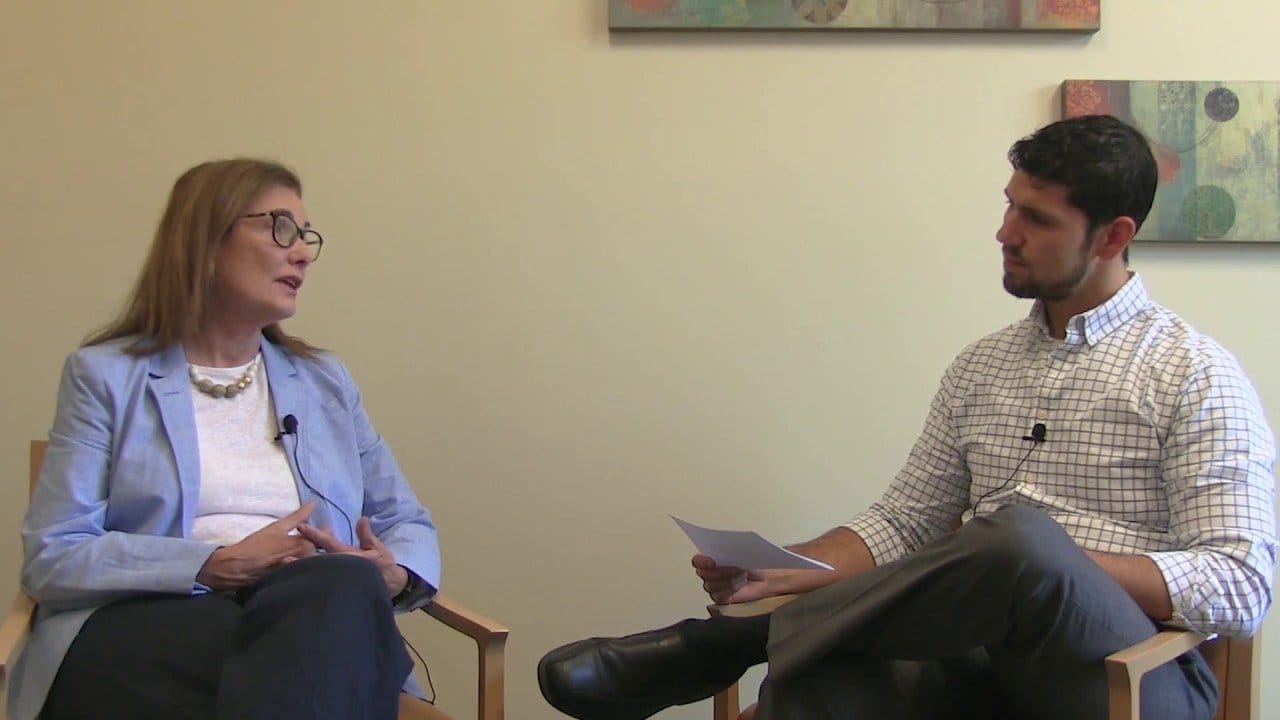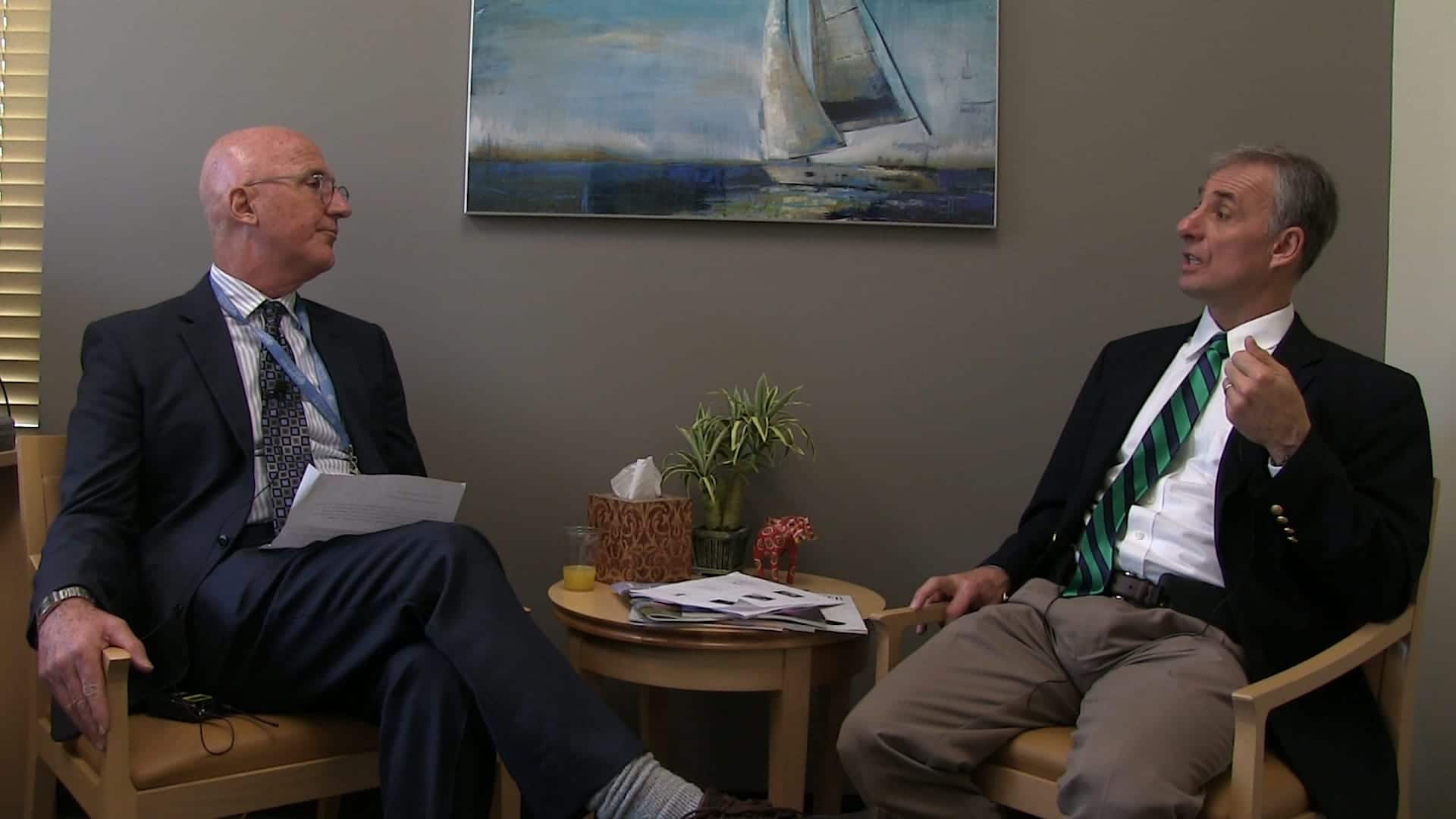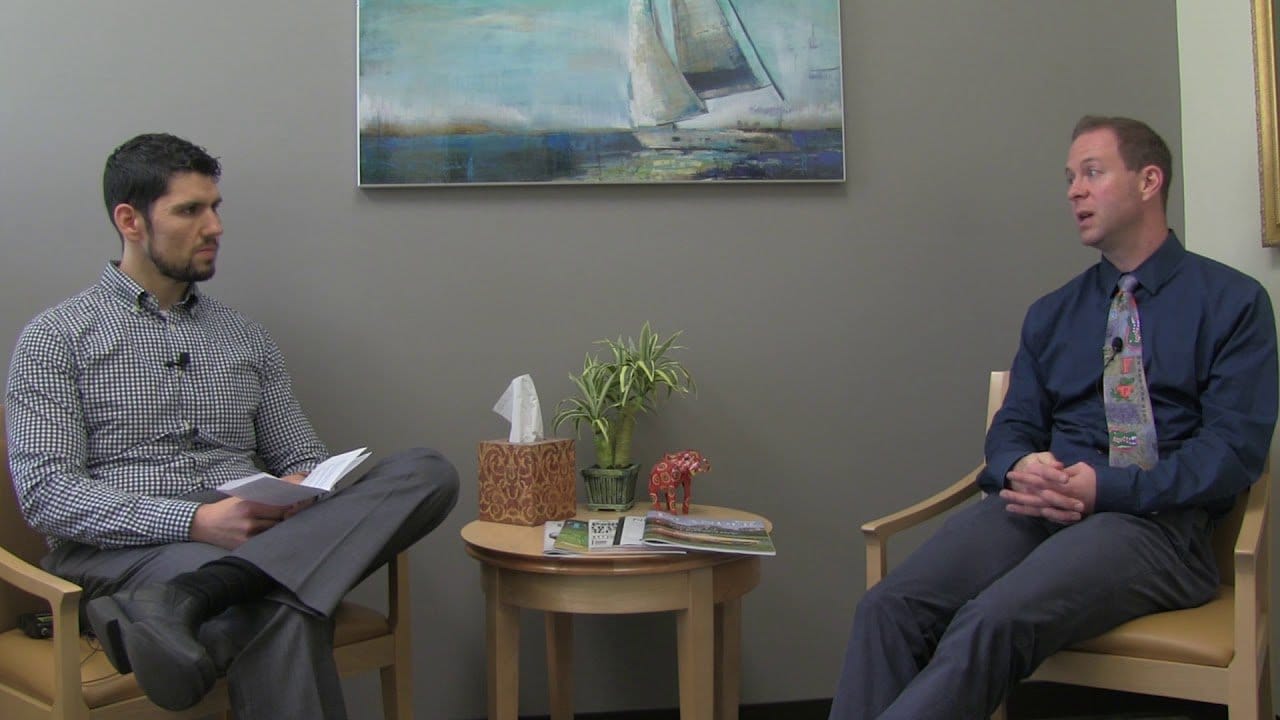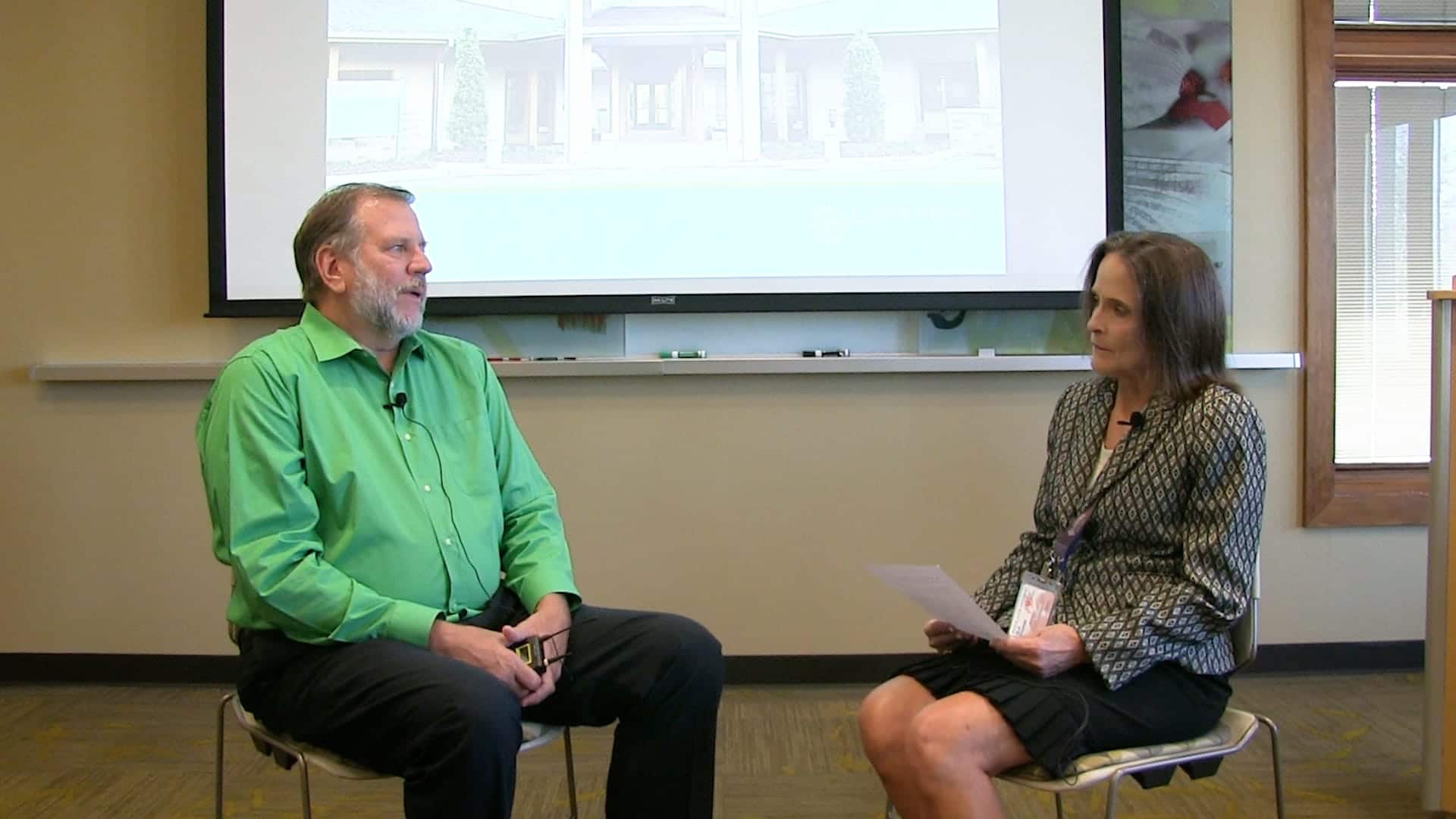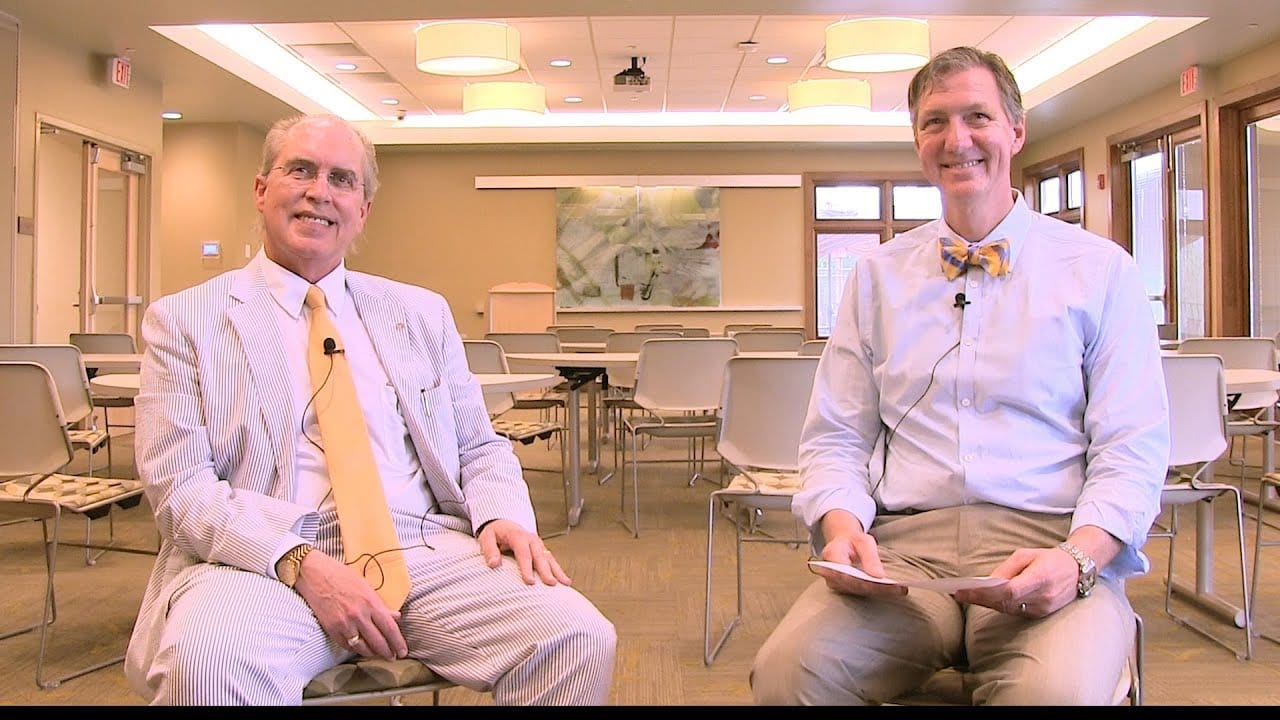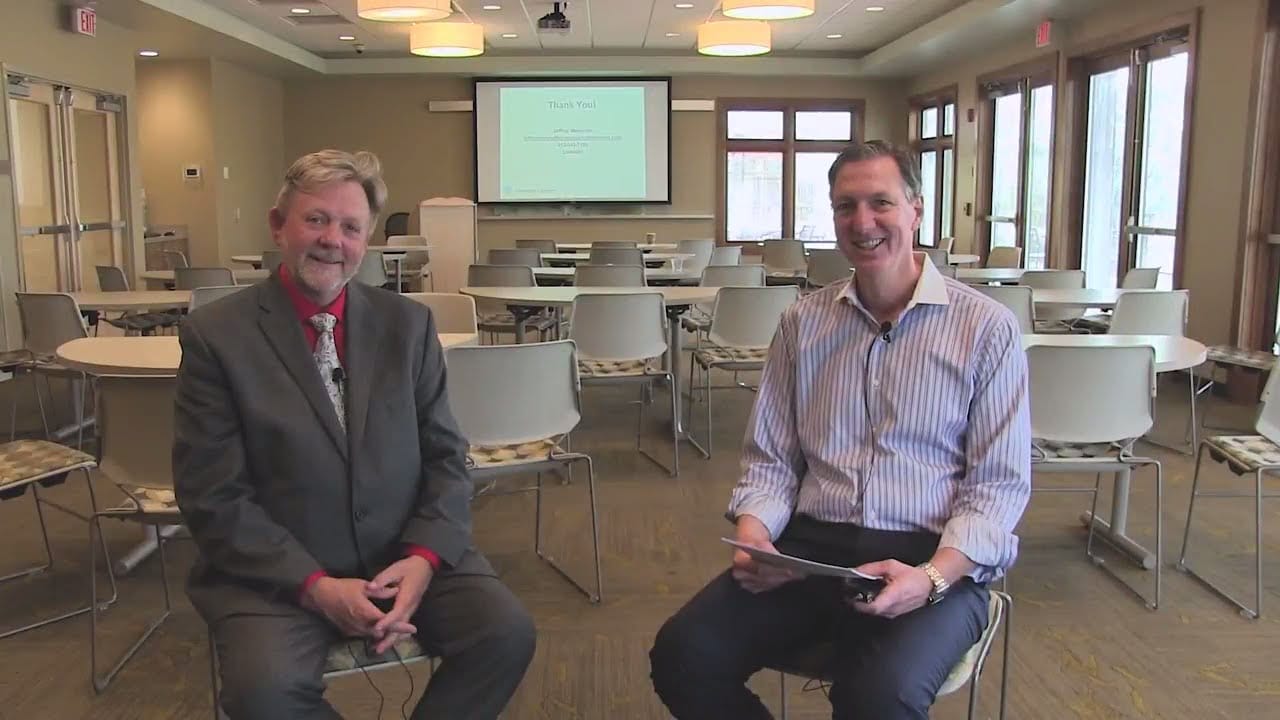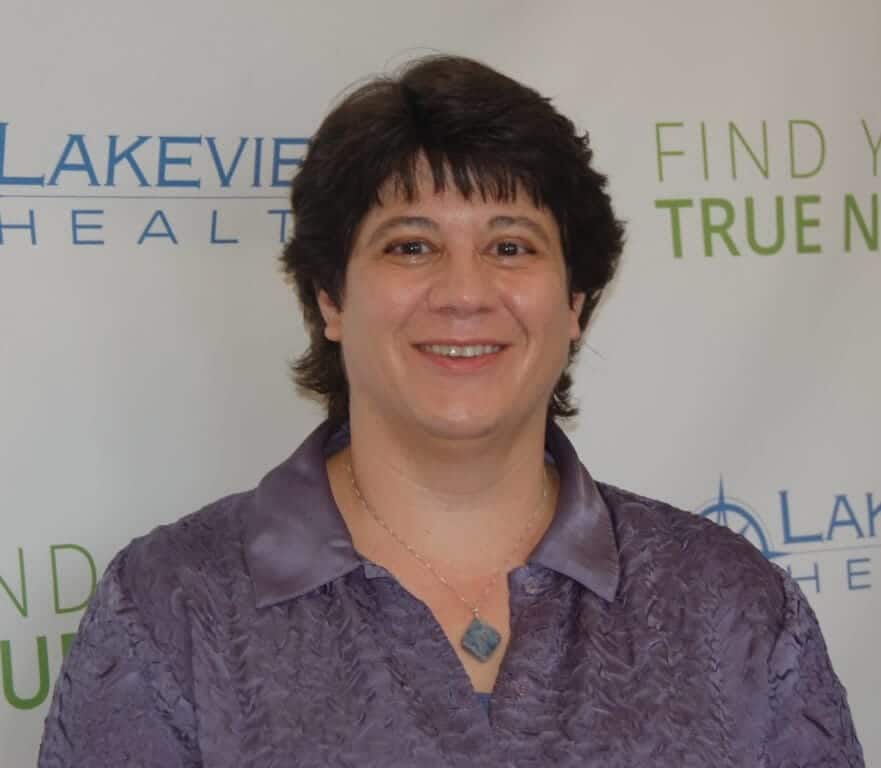

By: Lakeview Health
In this podcast, we sit down with Cara Marinucci, LPC, from the Integrative Music Institute to learn about guided imagery in music and how it is used as a therapeutic tool and how it’s different than traditional music therapy.
Podcast Transcript
Gina Thorne: Hi everyone this is Gina Thorne and welcome to the Lakeview Podcast Series. I am pleased today to be joined by Cara Marinucci with the Integrative Music Institute in Charlottesville, Virginia. Welcome, Cara! Cara Marinucci: Thank you, Gina. I’ve just had a wonderful day so far. Gina: Cara had an opportunity to spend time with us here in Jacksonville doing a workshop for us for our lecture series on guided imagery in music – the Bonny Method. So before we talk a little bit about that particular program, can you tell us a little about your background and how you got into the field? Cara: Certainly! I’ve been in the field, oh, it’s hard to say, over 25 years. My undergraduate is in physical education and biology and my graduate degree is in counseling and I’m a licensed professional counselor in private practice currently in Charlottesville. I spent about 14 years working in our local community services agency doing work with addiction. I’ve worked with adolescence, with adults, with families, I’ve been in schools doing the Student Assistance Program and I’ve actually even worked with a form of acupuncture that helps with detox. I’ve really enjoyed all my work in the community and the schools and then just felt a wonderful transition working in private practice and training which is what I currently do now. Gina: And you are an expert trainer in The Bonny Method of Guided Imagery and Music and so can you tell us a little bit about what that means? Cara: So, The Bonny Method of Guided Imagery and Music is a music-centered psychotherapy developed by a woman named Helen Bonny in the 60s-70s and through the 80s and now is well established. There is an association for music and imagery which provides the standards for the training programs and I do some of that training as well as using that in my clinical practice. So the guided imagery and music is a way of working with clients in a more mind-body way so that they can go deep inside and basically connect with their own inner wisdom through imagery, which isn’t just visual, but feelings and emotions and body sensations. Gina: And how did you stumble into working with this particular modality? Cara: Oh wow. It’s a wonderful story actually. The person that I co-train with, Erin Johnson, came to my community agency when I was still doing that work and did a small, brief one-hour presentation where she did a group experience like I did with your lecture series this morning, and I was just so taken with it. It just called to me. I found myself going up to her afterwards because she said at the end, “Well, I usually don’t do this, but if anybody would like a free demonstration one-on-one session, which is what the method really is about, just give me a call or email me and the first two people I will give you a free appointment.” So I checked my calendar and went up right at the end and I said, “Do you have your calendar? Because I want to do that!” And I never looked back. Gina: Oh, that’s wonderful. So you said it’s typically done one-on-one but you also train for people to do it in a group setting. Cara: Part of the training is learning how to use the music with groups as well, sort of a group music imagery experience, so having the training equips you for doing that. Erin and I also do sort of one day and two day trainings that sort of focus on using music more as support in meditation and in groups and that’s a good introduction to that as well. Gina: When people hear about music therapy, they typically think about the traditional music therapy. How is this different from that? Cara: Well, when Helen was working with us, she was doing it at the same time as a lot of consciousness study work was going on. So this is a mix and she had both her music therapy degree and her doctorate in the realm of psychology in that sort of roll. So she was really blending both of those worlds in a way to access more of what’s going on with their whole brain. So how it’s different than, well, I wouldn’t even make that difference. It’s a part of music therapy. In fact, The Bonny Method of Guided Imagery and Music is considered, at the World Congress that they had of music therapy, it’s considered one of the five major forms of music therapy. So, even in music therapy, just like psychotherapy, it has different modalities and different theories, this is just one of the branches of music therapy. Gina: So you don’t have to be a musically inclined person to do this modality? Cara: That is also accurate. It is the only modality within the realm of music therapy that a person who is not a musician or music therapist – but it does take extensive training to become fully a fellow of the association of music imagery – if you’re coming from the world of psychotherapy, a counselor, social worker, psychologist, even doctors and nurses, that you really do need to get steeped into the learning of the music part which you may not be familiar with. Gina: So you had a chance to spend a couple of hours with us today, but you also offer certifications and trainings through the institute. If someone were interested in learning more about how to access your services, how could they get in touch with you? Cara: Well, there’s always the web and you can go to the website which is IntegrativeMusicInstitute.com or they’re welcome to call me, and I don’t even mind putting it out there: 434-960-2327. If you go to the website there will be a contact form where you can email us and we would love to hear from you. Gina: That’s great. Well thank you so much for taking the time to come to Jacksonville and to teach us about GIM and we look forward to hearing more about the great stuff you’re doing with The Bonny Method. Cara: Thank you, Gina.
